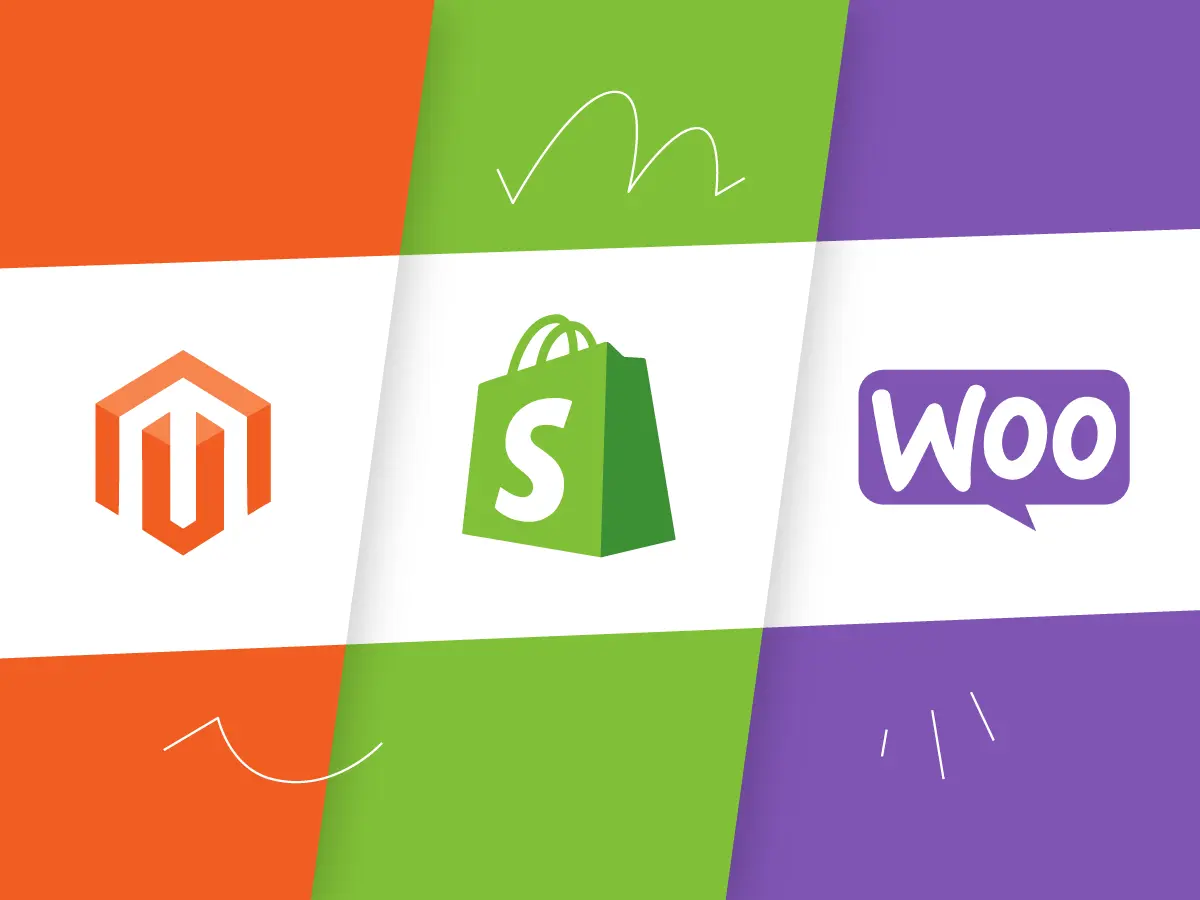E-commerce platforms are business applications that help sellers create and operate online shops. Selecting the most appropriate platform is an essential step when it comes to selling goods or services through the Internet. In this blog post, we are going to outline the differences between Magento and other open-source e-commerce platforms based on features, usability, scalability, and price.
Overview of Magento
Magento is an open-source e-commerce platform developed by Netsuite, written in PHP. It provides merchants with maximum freedom and customization over every aspect of the look, content, and features of the web stores. Some key features of Magento include:
- SEO Capabilities: The store can use URL rewrite, metadata, and XML sitemaps available out of the box in Magento. However, it is important to note that Magento SEO services can go further in enhancing stores.
- This one entails aspects such as cross-selling, upselling, couponing, tiered pricing, and many more that enable merchants to manage promotions.
- Powerful Admin Interface: Magento has a rich backend panel that allows adjusting hundreds of settings to the online store.
- Third-Party Extensions: Magento comes with numerous pre-integrated third-party solutions for payments, shipping, accounting, marketing, and many others.
- Scalability: The platform is seamlessly integrated to support large catalogs and tens, if not hundreds, of thousands of website users.
Magento is suitable for large companies as it offers all the necessary tools for its effective operation. Nonetheless, it may be costly and challenging for small stores to adopt and implement.
Shopify
Shopify is hosted in the cloud, which makes it an e-commerce platform for more than 600,000 businesses. Some standout features include:
- Store Creation: The merchants can create basic stores within a short period with the help of Shopify due to its simple creation and pre-design layouts.
- Integrated Features: Features such as cart, checkout, and secure payment through Shopify Payments are native to the platform.
- App Store Add-ons: Shopify comes with one of the biggest marketplaces with over 2000 add-ons that extend the functionality of the platform.
- Responsive Storefronts: It is fast and professionally designed for all devices with Shopify’s speed and mobile-first approach.
Shopify is also suitable for small and medium sellers with a relatively low price and easy operations for the first store. It does not have the sophisticated features that are needed in organizations that are experiencing rapid growth.
WooCommerce
WooCommerce is an eCommerce plugin that converts traditional WordPress sites into flexible online shops. Key features include:
- Figma to WordPress enables the user to take Figma designs for building websites that are accurate to the pixel.
- Free and Open Source: WooCommerce is an open-source platform built as a WordPress plugin, which means that the basic functionality is available free of charge. Store data is fully owned by merchants.
- Store Design: A Word on Flexibility—Retail outlets can take advantage of WordPress themes and modifications for individual stores.
- Integrated CMS Features: Store pages, blogs, menus, and navigation can be created and managed in addition to the product list.
- Easy on the pocket and easy on the load: by avoiding costly licensing expenses, WooCommerce is a perfect fit for small businesses that are still on the rise.
Thus, WooCommerce can be considered the most suitable solution for small retailers who use WordPress for content marketing purposes. However, lack of sales reporting means it has to be accompanied by other, extra reporting modules.
BigCommerce
BigCommerce is a cloud-based e-commerce software that is simple to implement with strong enterprise capabilities. Key capabilities include:
- Convenient Payments: Elements such as saved customer details, a single-step checkout, and others reduce the chances of cart abandonment.
- Search Engine Optimization: BigCommerce generates URLs, meta tags, and XML sitemaps for enhanced visibility.
- Scalability: BigCommerce also does not struggle with sudden transaction increases found in each sale. Exclusively for stores with up to $150 million in annual sales.
- Analytics Dashboard: This enables merchants to monitor key indicators such as revenues, products, conversions, and abandonments to improve the stores.
Since it offers both cheap and flexible pricing strategies coupled with comprehensive solutions, it is ideal for fast-growing small businesses. However, it does not have the flexibility, customization, and thousands of apps that are available with Magento.
Clickfunnels vs. WordPress
Clickfunnels vs WordPress,While Clickfunnels is geared towards creating sales funnels and is easy to use, WordPress has complete website creation features with more customization options.
Conclusion
Magento eCommerce is the most flexible and powerful shopping cart solution for those merchants who require significant control over their enterprise-level stores. Nonetheless, the amount of difficulty and money needed make Shopify and BigCommerce more suitable for small businesses that are just getting started. Selecting the platform is simply a matter of matching functionality requirements to business objectives and costs. Magento can be considered the leader in enterprise solutions, whereas Shopify holds the title for simplicity and user-friendly interface. Thus, merchants can compare which platform is closer to their goals and objectives. Using the inbuilt commerce features in WordPress and then adding WooCommerce is also very cheap, especially for small retailers with little capital.


